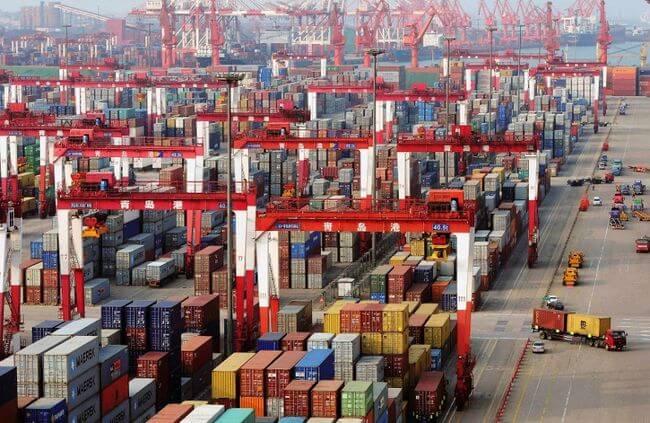theQuestion: Is the China-Canada investment agreement a sell-out for Canada?*
Think back to a time when you planned a trip abroad. Maybe it was a vacation or you were setting off with your backpack to explore countries near and far. When you researched the places you planned to visit, did you review any aspect of those countries’ laws? Did you consider the risk of authorities arbitrarily confiscating your belongs or detaining you and subjecting you to a capricious legal system? I’m sure you did and you probably adjusted your travel plans accordingly.
Investment capital operates in much the same way. Companies and investors seek out jurisdictions where the risks of foreign investment are mitigated by international agreement — such as the bilateral Foreign Investment Promotion and Protection Agreement the Conservative government just ratified on Friday with China.
FIPAs are legally binding between two countries and enshrine a set of clear rules and enforcement mechanisms to create a stable and predictable environment for investment. This certainty is critical as political instability, weak legal institutions, uncertain regulatory regimes and the possibility of expropriation are real threats to many Canadian companies operating in the global economy.
These agreements are reciprocal, meaning not only are Canadian companies and investors protected in foreign lands, but Canada also guarantees the same treatment to the partner country here at home.
This has critics wailing.
Federal NDP Leader Thomas Mulcair and Green Party Leader Elizabeth May have both called the agreement a sell-out. Others call it the greatest threat to Canada’s democracy. Ridiculous. The China FIPA is not a sell-out. It only provides restrictions and processes that our country already follows under precedents set by international law and other trade agreements such as NAFTA and the 27 other FIPAs we have in force with partner countries. It’s mostly standard boilerplate trade-agreement language.
I can’t say for certain why so much is being made about this deal. Partly, it’s the typical anti-trade, anti-business meme. Also, I believe there is more than a hint of prejudice towards China. For some detractors, it probably boils down to China’s record on human rights. Fair enough. But that should not be a reason to abrogate this deal. Critics may not like the idea, but sometimes foreign investment and the business that follows can play a contributing role in promoting improvements to human rights.
Don’t fall for the hysteria — this agreement is not going to be the end of Canada as we know it.

